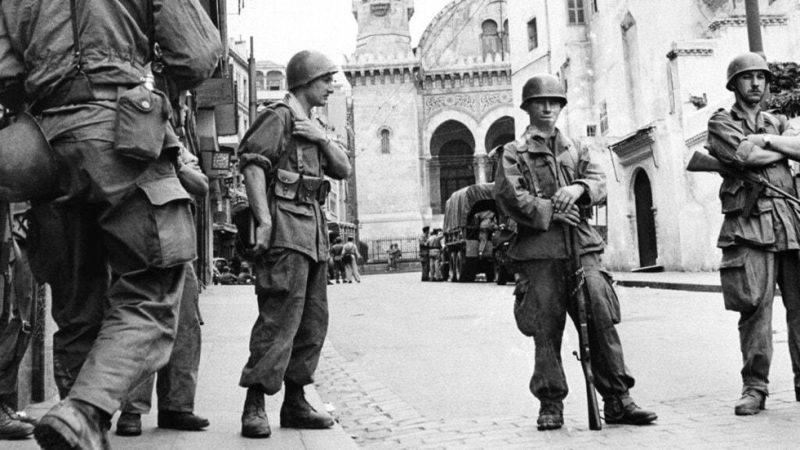
France’s 132-year occupation of Algeria officially ended in 1962, but its legacy continues to cast a long shadow. This year’s 63rd anniversary of Algerian independence feels less like a celebration and more like a reckoning, marked by strained relations between Algiers and Paris. The refusal of France to fully confront its colonial past, coupled with Algeria’s renewed demands for justice, has brought the relationship to one of its lowest points in decades.
The roots of this current diplomatic rupture lie in the events of June 15, 1830, when French forces invaded Algeria. The swift victory, fueled by a dangerous illusion of ease, marked the beginning of a brutal occupation. The invasion, sparked by a seemingly trivial diplomatic incident – a French consul being struck with a fly whisk by the Dey of Algiers – masked deeper ambitions of French expansion and a desire to restore national prestige after Napoleon’s decline.
Algeria, far from being a simple colony, was viewed by France as an integral part of its territory. Policies favoring European settlers, known as pieds-noirs, entrenched privilege and exclusion, denying equal rights to native Algerians unless they renounced Islam. This created a system of profound inequality, with cheap land seized from Algerians and incentives offered to European settlers to bolster colonial rule. The transformation of Algeria into a major wine producer, despite the Islamic prohibition on alcohol, further exemplifies the cultural disregard and exploitation inherent in colonial rule.
Decades of resistance were met with brutal suppression. The Sétif and Guelma massacres of 1945, where tens of thousands of Algerians protesting for independence were killed, shattered hopes for peaceful reform and fueled a new generation of nationalists. The subsequent Battle of Algiers (1956-1957), a defining chapter in the war for independence, highlighted the FLN’s urban guerrilla tactics and the harsh French counterinsurgency. The events, later immortalized in Gillo Pontecorvo’s film, ‘The Battle of Algiers,’ became a symbol of resistance against colonial rule, influencing liberation movements across Africa.
The unresolved grievances and deep distrust stemming from Algeria’s colonial past continue to strain relations with France. While President Macron offered a limited apology for the 1961 Paris massacre, a full apology for the broader colonial crimes remains elusive. Algeria’s continued demands for a full apology and reparations for colonial crimes, coupled with France’s recent recognition of Moroccan sovereignty over Western Sahara, have further exacerbated tensions. The expulsion of French troops from Mali, Burkina Faso, and Niger between 2021 and 2023 also demonstrates the lasting impact of France’s colonial legacy on West Africa.
The Algerian struggle for independence serves as a powerful reminder of the enduring impact of colonialism. The ongoing debate over memory, justice, and reparations highlights the need for a full reckoning with the past to pave the way for genuine reconciliation and a more equitable future. Only by acknowledging and addressing the scars of colonization can former colonies and their colonial powers build a foundation of mutual respect and genuine partnership.










